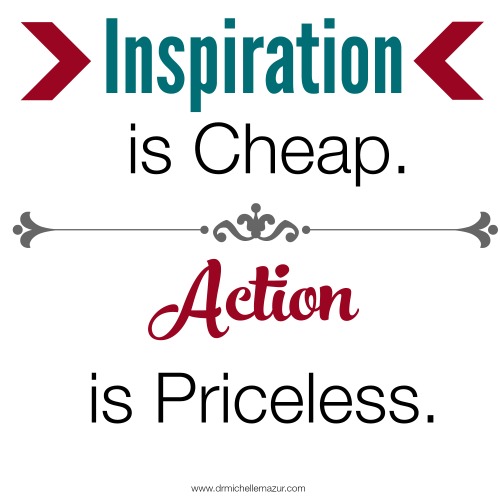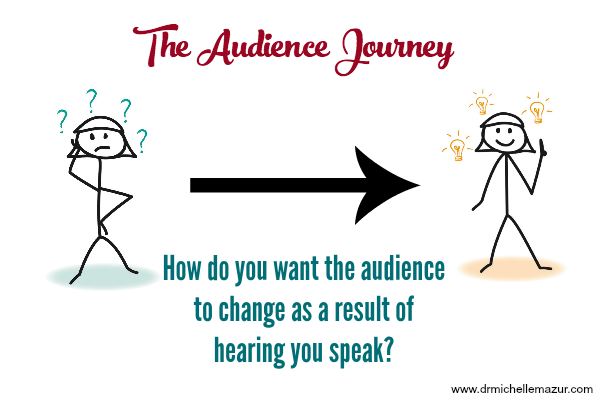Why you don't want to be an inspiring speaker
 Inspiration is everywhere these days.
Inspiration is everywhere these days.
Login into Facebook (not right now) and you'll see post after post of inspiring quotes.
Head over to Pinterest and see dozens of beautiful pictures to inspire your creativity. You can waste hours on social media being inspired.
Heck, I just got over cold and on the wrapper of my Hall's cough drops were sayings like “You've got this” or “Seize the day.” (Seriously? I'm sick…I'm seizing the couch).
We are not in short supply of inspiration, but action is harder to come by.
That's why as a speaker you shouldn't aspire to be inspirational. The days of motivational speakers whooping it up on stage, egging you on to “create your best life” or “follow your dreams” is numbered. As Generation X and Millennials start making the booking decisions, they want something more from speakers.
People aren't interested in paying top dollar to be inspired by a speaker. Just tune into YouTube or watch a TED talk and you can be inspired for free by some of the best speakers around.
As times change, speakers need to change.
[Tweet “Inspiration is cheap. Action is priceless.”]
Table of Contents
How can speakers be useful?
Easy! Change the audience for the better. (ok, not so easy)
Your job is to take them on a journey to action. Your role is to be a change agent, motivate action not inspiration, and influence them to take a course direction based on your expertise.
How's that going to happen?
Define the audience journey
When your audience walks into the room, they are not blank slates or mindless creatures just waiting to be filled up with your knowledge. Our jobs as speakers would be SO easy if this were the case
Your audience shows up to your presentation filled with their own feelings, attitudes, ideas and sometimes misconceptions about your topic.
What's the audience before picture?
Before you create one word of your presentation, you need to create a vivid portrait of who these people are. What are their attitudes, beliefs, existing actions, feelings, and objections to your message?
Do research. Ask questions. Use LinkedIn and Google to stalk the organization where you're presenting.
What's the audience after?
Stephen Covey says to “begin with end in mind.” The same is true of presentations. If you don't know where you want to take your audience, it's highly unlikely you're going to get there!
What should your audience know, feel, AND do as a result of hearing you speak? (hint: “Do” should not be buy my stuff – the journey is all about them…your ask…well that's for another blog post).
Once you've defined the journey, then all of the content you create supports getting your audience from the starting point to the final destination of your journey.
When you're clear on that transformation you want to provide then you become a speaker who is not just another motivational/inspirational speaker, but a speaker who is useful, influential, enterprising and meaningful to the people you serve.


Thank You Dr. Mazur.
That was very useful for me.
You’re welcome! Glad it helped.
Great points. Given me more ideas as a speaker. Thank you